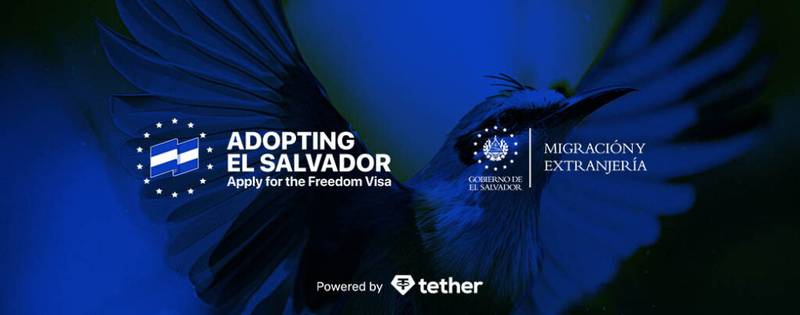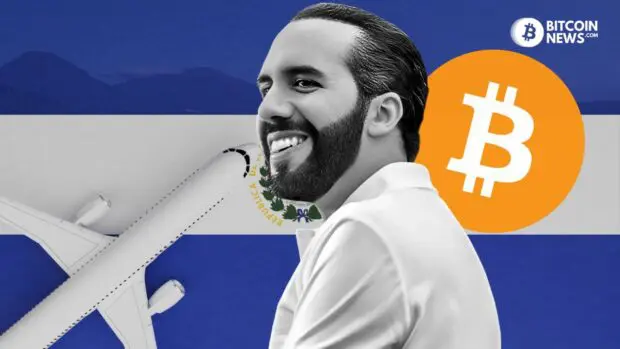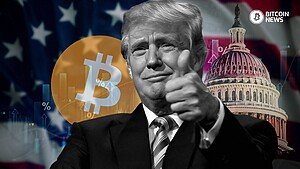El Salvador has recently unveiled an ambitious citizenship-by-investment project, opening doors for 1,000 people willing to invest $1 million in Bitcoin or Tether in the country. The new El Salvador visa program is the result of the government’s collaboration with the stablecoin issuer Tether, in a move to initiate “Adopting El Salvador Freedom Visa” Program.
On December 7, Tether announced the citizenship-by-investment program, attracting high-net-worth individuals by offering residency visas and a pathway to citizenship in exchange for a $1 million investment in Bitcoin or Tether. The program, limited to 1,000 participants annually, requires a nonrefundable $999 deposit credited toward the total investment, and a KYC process.

If fully subscribed, the project could generate $1 billion for El Salvador, contributing significantly to the country’s economy. This move aligns with similar programs worldwide, such as Vanuatu’s citizenship-by-investment initiative, which annually earns millions for the country.
El Salvador’s approach positions the country as a global hub for technological and financial innovation. Paolo Ardoino, CEO of Tether, emphasizes the collaboration’s significance in fostering financial freedom and innovation.
He stated:
“This initiative is a testament to our commitment to fostering financial freedom and innovation in communities and cities. It’s a unique opportunity to leverage our technological prowess to spur growth and innovation in the region. Our role in this partnership underscores the criticality of robust infrastructure in instigating meaningful change.”
The initiative emphasizes vital social development projects, aiming to enhance learning resources, upgrade medical infrastructure, and ensure widespread access to essential services.
According to the announcement, efforts include strengthening the country’s overall infrastructure, encompassing transportation and communication networks.
El Salvador Visa Program Uncompetitive Offering: Critics
Critics, including Alistair Milne, founder of Altana Digital Currency, argue that El Salvador’s citizenship cost is comparatively high. In contrast, European Union countries like Malta offer citizenship for a lower investment of 750,000 euros (around $810,000), providing visa-free access to the Schengen Area, which comprises 23 nations.
Notably, neighboring Caribbean nations of Antigua and Barbuda, Dominica, and St. Lucia also offer citizenship-by-investment programs with lower costs, ranging from $100,000 to $250,000. Despite this, El Salvador’s appeal to digital-asset investors may lie in President Nayib Bukele‘s pro-Bitcoin policies, such as offering tax incentives for tech companies investing in the country.
The recent citizenship-by-investment project demonstrates the government’s commitment to lay the groundwork for a more prosperous future for all Salvadorans. Adriana Mira, El Salvador’s Vice Minister of Foreign Affairs, stated:
“This collaboration signifies a pivotal milestone in our dedication to economic development and innovation. The ‘Adopting El Salvador Freedom Visa Program” offers an extraordinary opportunity for individuals to actively participate in shaping a prosperous future for our nation.”
Interestingly, President Bukele stepped down on December 1 to focus on his reelection campaign ahead of the 2024 general election. This move adds a political dimension to El Salvador’s evolving landscape, making it a focal point for global investors and observers alike.










